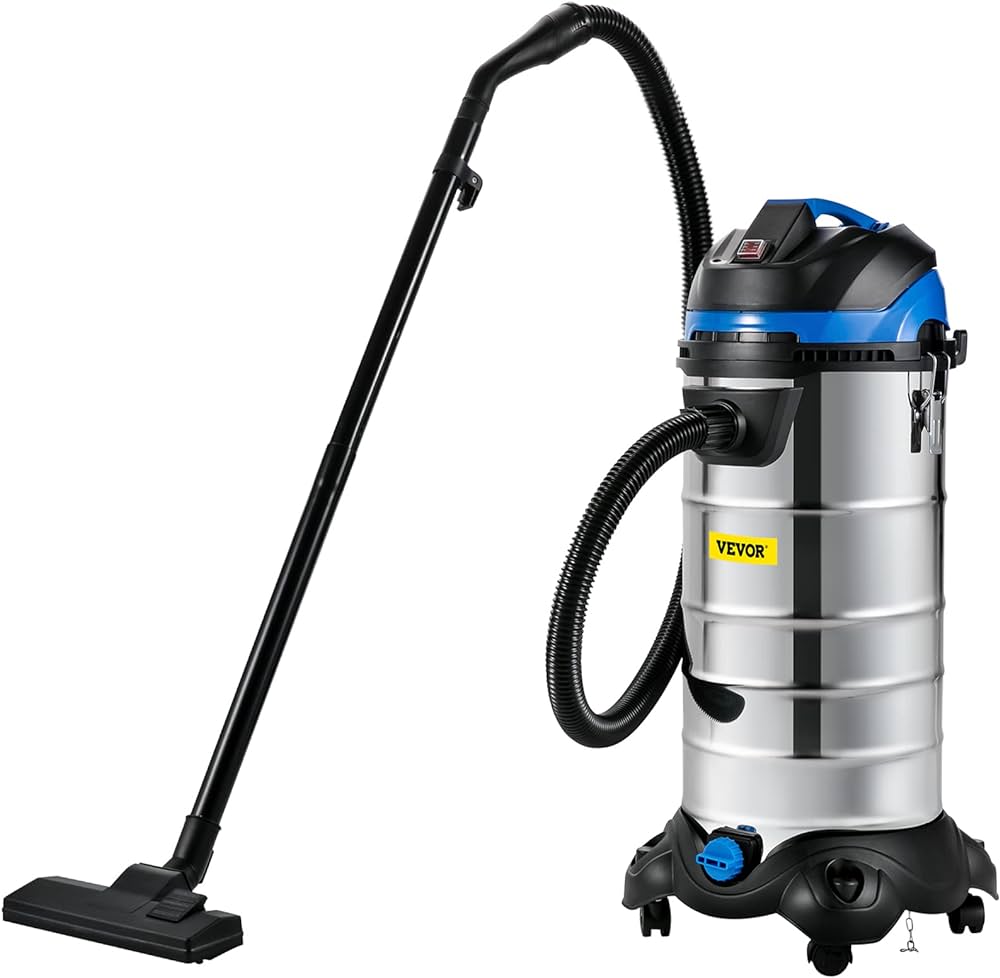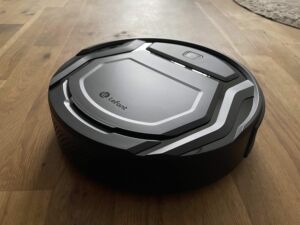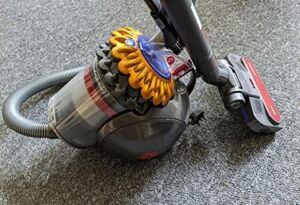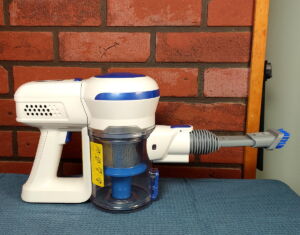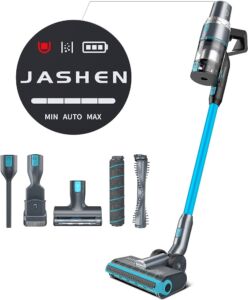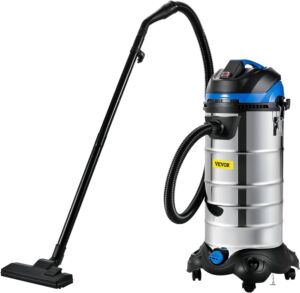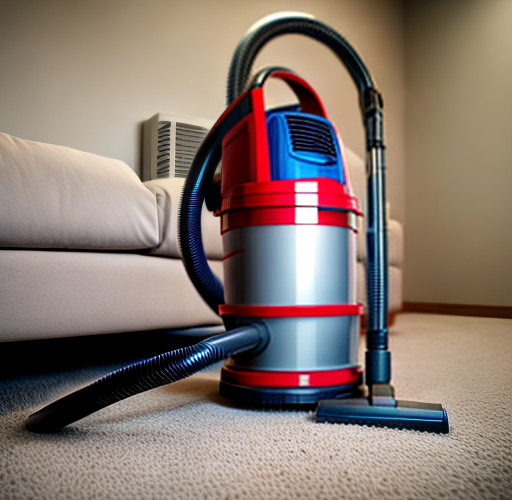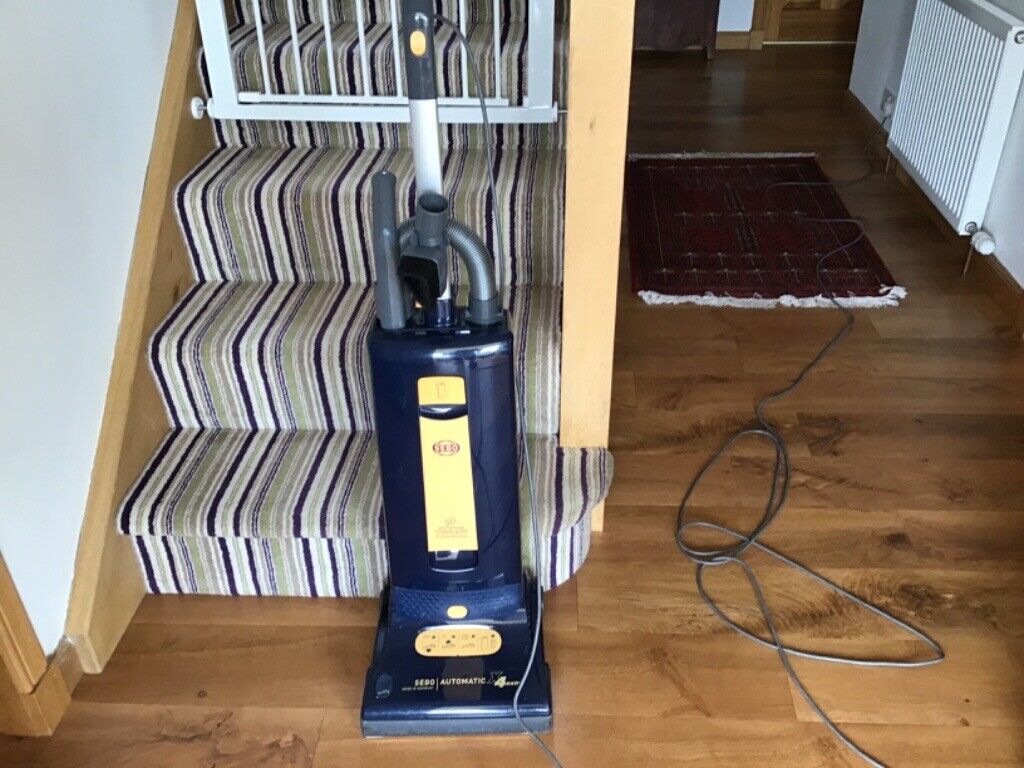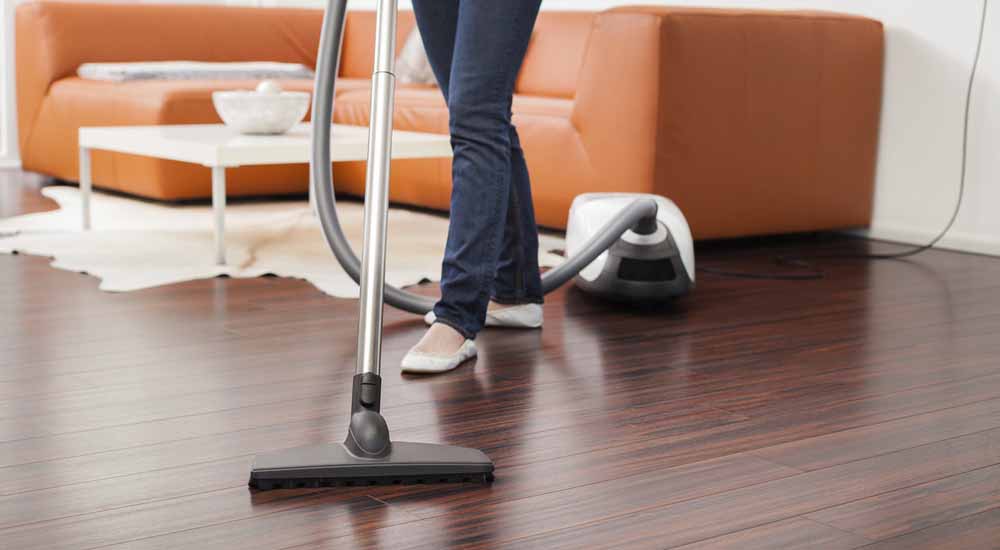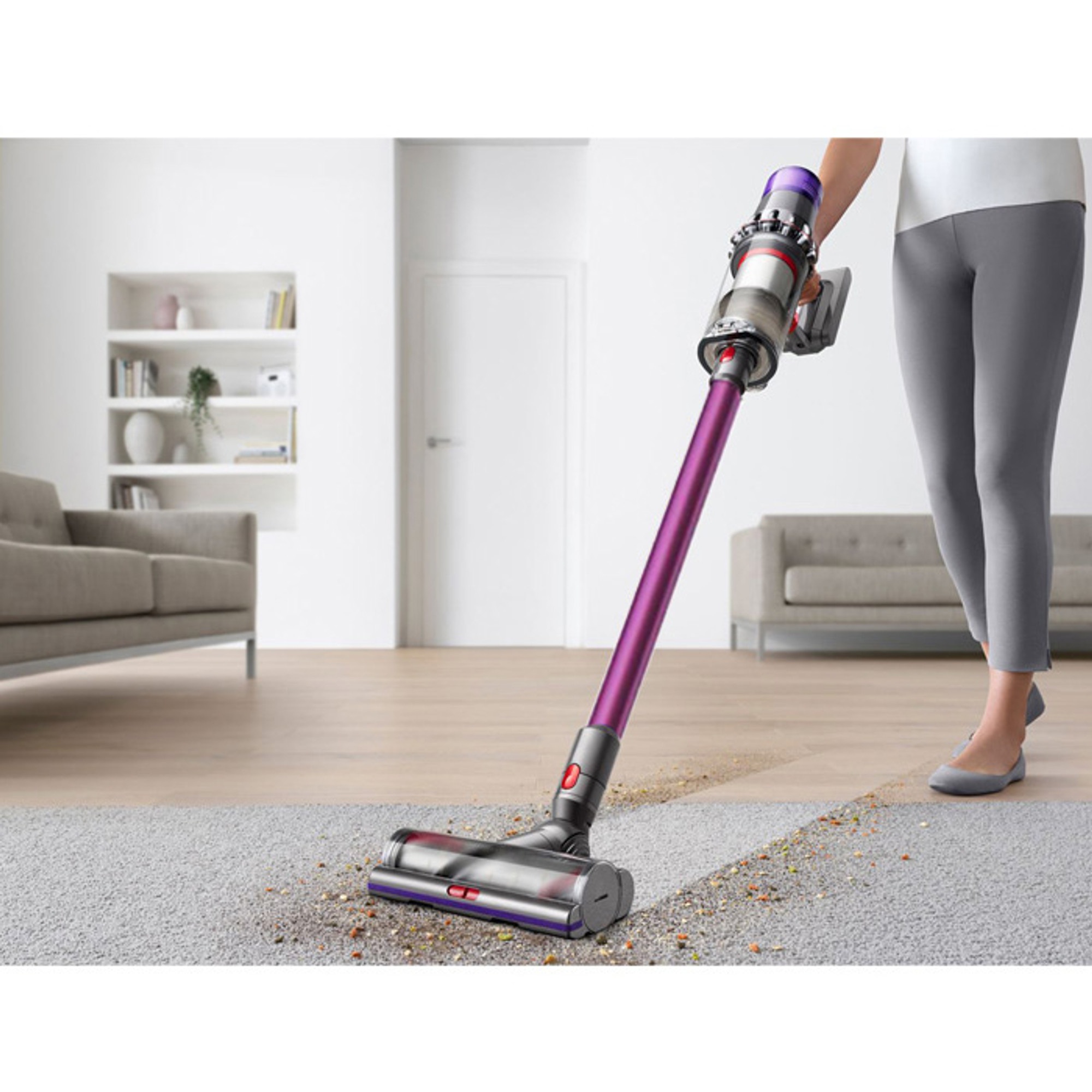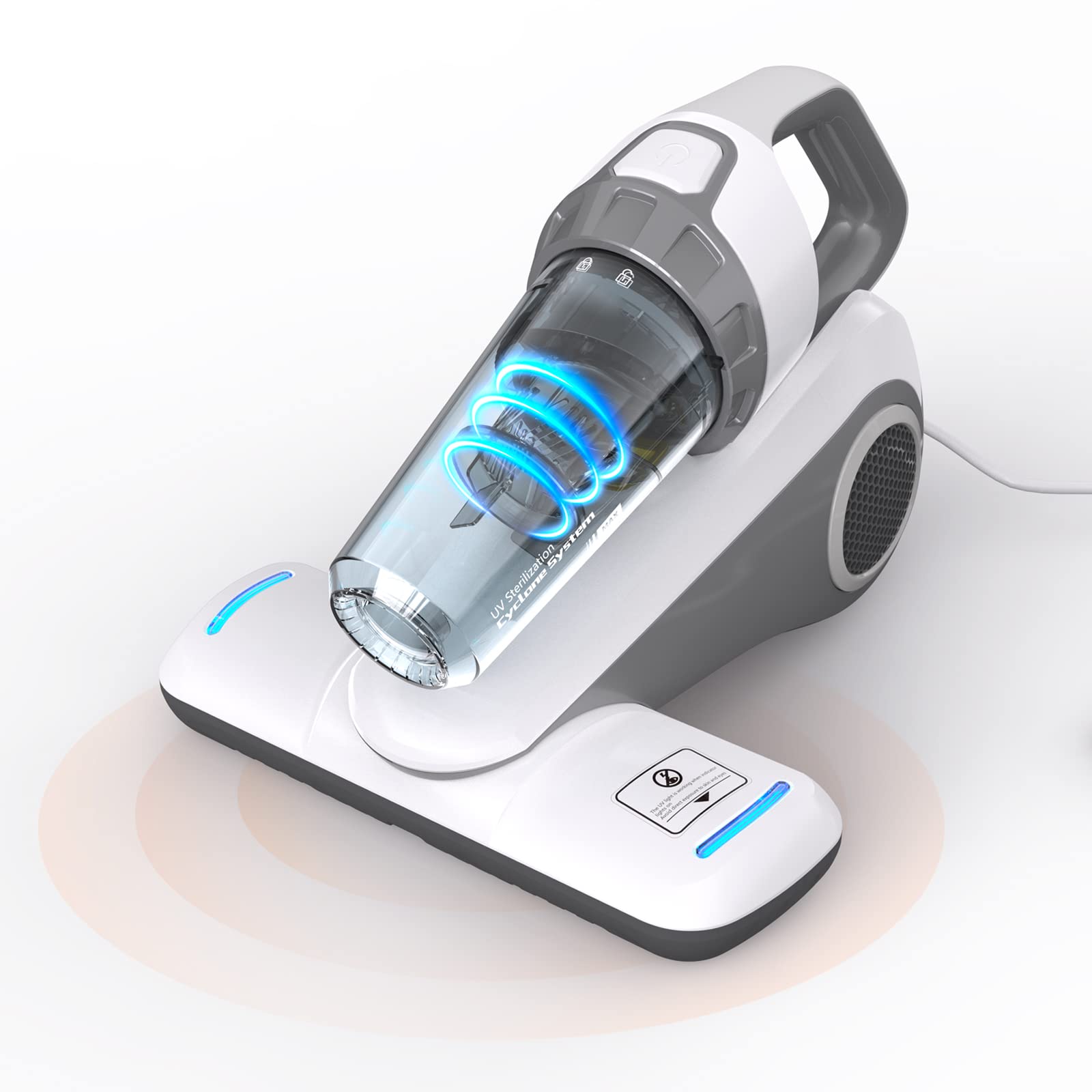It’s true that while pursuing a clean and dust-free environment, you will always want to select the right equipment.
When it comes to choosing between dust extractors and vacuum cleaners, each of them has its strengths and weaknesses.
In this article, we will look into the differences, features, benefits, and applications of both machines so you can decide which is better.
Dust Extractor vs. Vacuum Cleaner
Dust Extractors:
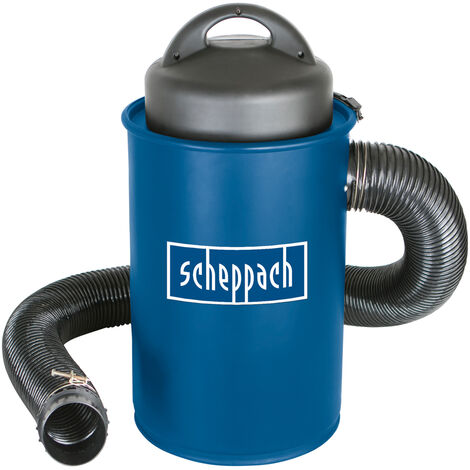
Dust extractors are industrial workhorses designed primarily for professional settings, such as woodworking shops and construction sites.
These machines are good at capturing fine dust particles, and they also help in maintaining a healthier and safer workspace.
Let’s look at some of the features and benefits of dust extractors:
High Suction PowerOne of the standout features of dust extractors is that they have exceptional suction power.
They’re equipped with robust motors and advanced filtration systems, capable of capturing even the tiniest of dirt.
This makes them a favorite among professionals who demand precision in their work.
2. Filtration Efficiency
Like most Vacuum Cleaners, Dust extractors also come with High-Efficiency Particulate Air (HEPA) filters.
These filters are highly effective in trapping dust, pollen, and other allergens, and they’re a very good choice for most people.
3. Large Capacity
The dust container or bag size in a dust extractor is usually substantial, and there’s an obvious reduction in the need for frequent emptying.
This not only saves time but also makes sure there’s an uninterrupted workflow in demanding environments.
4. Durability
Dust extractors are strong and made to survive harsh environments.
Investing in a quality dust extractor means investing in a long-lasting solution that can withstand the rigors of professional use.
Read Also: Dyson Big Ball Cylinder Vacuum Cleaner
Vacuum Cleaners

In stark contrast to dust extractors, vacuum cleaners are versatile household appliances designed for various cleaning Activities.
From carpets to hardwood floors, they can take care of everyday cleaning with flair.
Let’s look at some of the features and benefits that make vacuum cleaners indispensable in homes:
1. Multi-Surface Cleaning
Vacuum cleaners are made with versatility in mind.
They often come with many attachments and settings that allow you to clean carpets, hardwood floors, upholstery, curtains, and more.
This versatility makes them an all-in-one cleaning solution for the average homeowner.
2. Portability
Vacuum cleaners are very lightweight and easy to carry around.
This portability makes them very good for quick cleanup tasks and ensures that even hard-to-reach corners can be easily accessed.
- Affordability
Compared to dust extractors, vacuum cleaners are generally more budget-friendly.
This affordability ensures that they are accessible to a different levels of consumers; they are a good option for households.
4. Allergen Removal
Many vacuum cleaners are also equipped with HEPA filters, which can trap allergens, dust mites, and pet dander.
This feature greatly improves indoor air quality, another reason they’re a preferred choice for most families.
When You need to Choose a Dust Extractor
1. Professional Woodworking and Construction
If you find yourself in woodworking, construction, or any profession that generates a lot of dust and debris, a dust extractor is your best choice.
The high suction power and unrivaled filtration capabilities make it an invaluable tool in such settings.
Woodworking Precision
Woodworking demands precision, and dust extractors ensure that fine sawdust and wood particles are promptly removed from the air; this will help prevent respiratory issues and ensure the quality of your work.
Health and Safety Considerations
A dust extractor is essential for those who prioritize health and safety in dusty work environments.
The advanced filtration systems will significantly reduce the risk of inhaling harmful particles, helping you to have a healthier and safer workplace.
When you need to Choose a Vacuum Cleaner
Household Cleaning
For everyday household cleaning, a vacuum cleaner shines brightly; it is your best bet.
This is because It is versatile, practical, and affordable; you can easily handle many tasks.
Pet-Friendly Cleaning
Pet owners will find vacuum cleaners to be their trusted option, too. These machines pick up pet hair, dander, and dirt and ensure you have a clean and hygienic living space for both humans and their furry companions.
Quick Cleanups
Vacuum cleaners are designed for convenience. When you spill cereal crumbs or make a mess, a vacuum cleaner can swiftly come to the rescue, and it helps to save your time and effort.
Versatility and Convenience
The ability to clean floors, upholstery, curtains, and even your car’s interior sets vacuum cleaners apart.
They are easy to use and convenient; they are an invaluable addition to any household.
Pros and Cons of Dust Extractors
Dust Extractor vs. Vacuum Cleaner have advantages and disadvantages, and we will discuss them.
Dust Extractors:
As we discussed, dust extractors are specialized machines designed for heavy-duty dust and debris removal, mostly in industrial or woodworking settings. Here are some of their pros and cons:
Pros:
- Efficient Dust Removal: Dust extractors are incredibly effective at capturing fine dust particles and debris, and they are essential in environments where air quality is a concern.
- High Capacity: They often have larger storage capacities than standard vacuum cleaners, so there’s a reduced frequency of emptying the dust container.
- Longevity: Dust extractors are more resilient and can endure harsh circumstances in industrial environments because they are made for heavy use.
- Dust Control: These machines often have features like HEPA filters and dust bags; they collect dust that remains contained and don’t escape into the environment.
Cons:
1. Cost: Dust extractors are considerably more expensive than vacuum cleaners; they are a significant investment and need planning and Savings.
2. Size and Weight: They are heavier and bulkier, making them less useful for mobile use or smaller places.
3. Noise: Dust extractors can be quite noisy due to their powerful motors; this will likely cause discomfort in quiet working environments.
4. Limited Versatility: They are designed primarily for specific tasks and may not be suitable for general cleaning.
Pros and cons of Vacuum Cleaners:
Vacuum cleaners are household appliances that are used for cleaning floors and surfaces. Here are some pros and cons:
Pros:
- Versatility: Vacuum cleaners come in different types (upright, canister, handheld, etc.). They are suitable for different cleaning tasks, from carpets to hard floors.
- Affordability: Compared to dust extractors, vacuum cleaners are generally more budget-friendly and accessible to a broader consumer base.
- Maneuverability: Their compact size and lighter weight make vacuum cleaners easy to maneuver and store in smaller living spaces.
- Low Noise: While some vacuums can be noisy, many models are designed with noise reduction features; they are more suitable for home use.
Cons:
- Dust Emission: Standard vacuum cleaners may be less effective at containing fine dust particles; they may release them back into the air.
- Limited Capacity: They have smaller dustbins or bags, requiring more frequent emptying during extensive cleaning sessions.
- Less Durability: Vacuum cleaners may not withstand heavy-duty or industrial use and can be more prone to wear and tear.
- Less Effective in Specialized Environments: For industries with high dust generation, vacuum cleaners may not provide the required filtration and dust control level.
Related Post: Best Bed Vacuum Cleaner
Conclusion
In the ongoing debate of Dust Extractor vs. Vacuum Cleaner, the choice ultimately hinges on the specific type of cleaning you need it for.
If you require heavy-duty dust removal and operate in a professional setting where precision and health are paramount, a dust extractor is your obvious choice.
However, for everyday household cleaning, versatility, and affordability, a vacuum cleaner is the more practical and accessible option.
FAQs About Dust Extractor vs. Vacuum Cleaner
1: Can a vacuum cleaner replace a dust extractor for woodworking?
Although a vacuum cleaner can assist with light dust cleanup, it cannot replace a dust extractor in heavy woodworking applications.
The dust extractor is designed for industrial precision and health protection.
2: Do dust extractors consume more energy than vacuum cleaners?
Yes, dust extractors generally consume more energy due to their powerful motors and huge filtration systems.
3: Are dust extractors noisy?
Yes, dust extractors can be noisy due to their powerful motors.
Ear protection is advisable if you use it for a long time in a loud environment.
4: Can a vacuum cleaner effectively capture fine dust particles?
Many modern vacuum cleaners come equipped with HEPA filters, which can capture fine dust particles less efficiently than dedicated dust extractors.
5: Are there hybrid devices that combine the features of both dust extractors and vacuum cleaners?
Some manufacturers offer hybrid models but often come at a higher cost and may not perform as well as dedicated machines in their respective categories.
